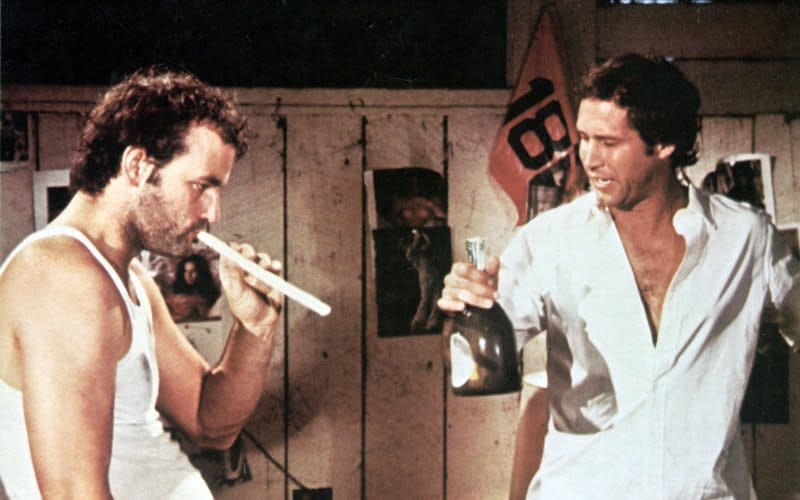Is encouragement always a good thing?
Maybe 14 or 15 years ago in a bar in Los Angeles a screenwriter warned me: “This town will encourage you to death.”
He was being kind, honest and helpful. So I assumed he was just bitter.
Around the same time I was trying to get a feature film off the ground as director – a dynamic, very funny zombie-western, kind of Butch and Sundance at the Dawn of the Dead* – and was advised by an actor: “It’s tough. Set your gears”.
And I thought (honestly I’m sure this was my reaction to his email): “Yeah, maybe for you Edward Norton”.
Ah, youth. Or maybe just stupidity, given I was at least 30. (Though I sometimes miss the dunderheaded energy of ignorance – you just don’t know what you don’t know.)
Anyway: encouragement. I’ve received a lot and given a lot and I don’t know how helpful it is.
I used to think ambition was more important than talent and would slyly say I learned this from the success of the Spice Girls.
But now I think both are vital – along with hard work, love, serendipity – and also sometimes not enough (as well as finding myself not irregularly humming “Zig-a-zig-ah”).
We’re often told that determination is the key, hard work is rewarded, and if you believe enough then you’ll make it. This is, of course, both true and complete horseshit (especially the last bit, which is actually pernicious).
Encouragement is nice. But it’s not always kind. When you encourage someone whose work is bad or, more likely, bang average (after great effort) then you’re serving neither of you. Because you’ll feel dishonest (because you are being dishonest), and they are likely to eventually resent you.
(I’ve been subjected to this festering resentment and wondered whether I should have told the truth years before and screamed, as Bill Murray did to Chevy Chase: “Medium talent!”)
Now, enthusiasm – that’s a different thing. Enthusiasm directed towards something you’re good at, or enjoy, or can live through (not necessarily off), is a wonderful thing.
Enthusiasm for someone’s work, or even an element of their work, is very hard to fake. And when you hear it, or see it, it tells you, in your bones, more of that please.
The best director I’ve worked with as a screenwriter wasted very little time on what didn’t work, focusing almost always on what did. The work was hard, but it was joyful.
And the people I’ve spent time with and seen consistently succeed in film – from David Fincher to Jason Flemyng – are really, under all the reputation and skill, enthusiasts.
Maybe this is obvious. Maybe this is a distinction that doesn’t really matter, or maybe you’ll decide talent or connections or chance are more important than that anyway. It’s a thought. But I wouldn’t encourage it.
* Yes, I would still make it now, feel free to send a cheque.




